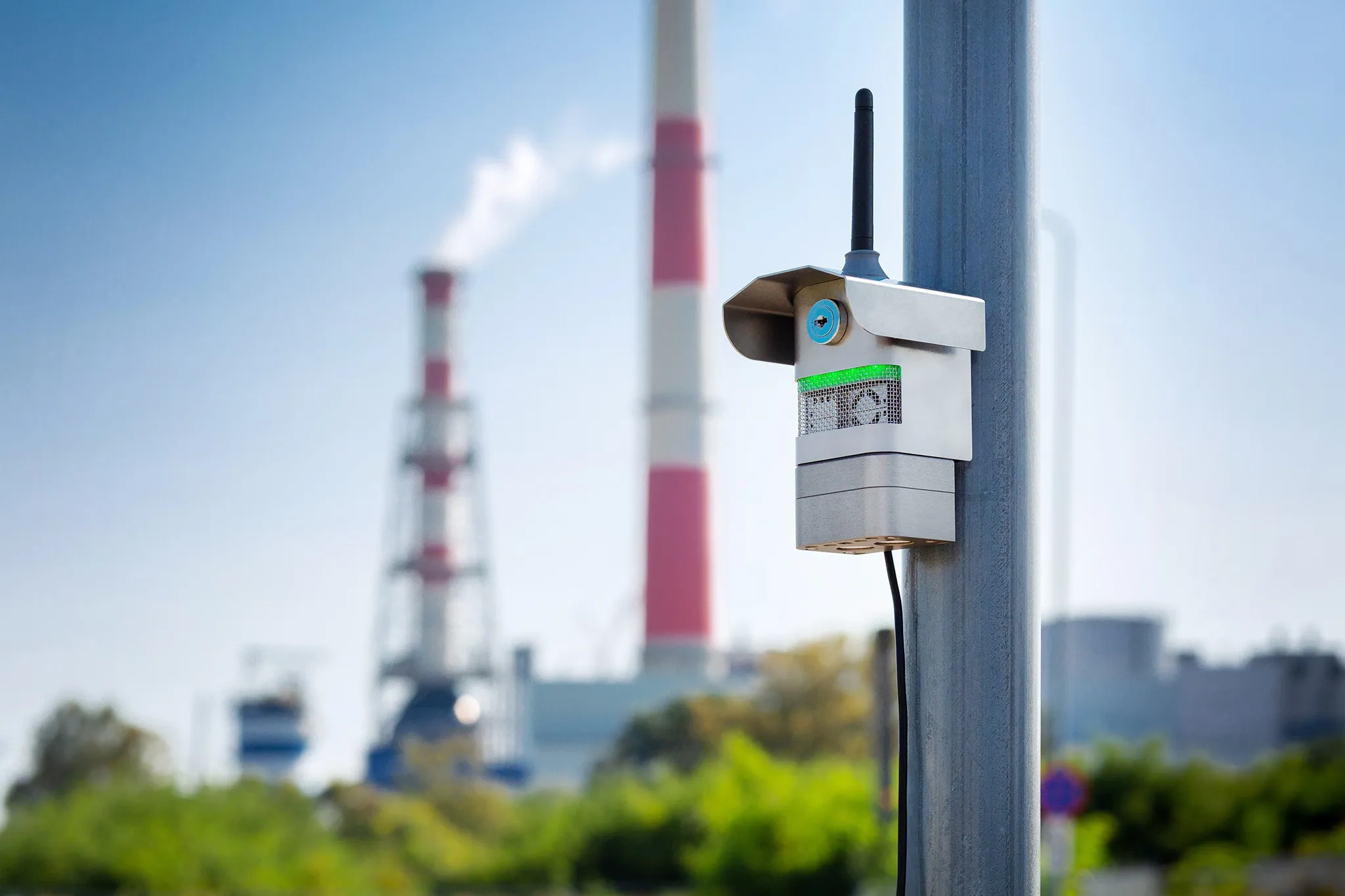
Airly has secured a new $5.5m funding round for its air quality platform, and has now raised $8.8m from investors since March 2021.
More than 10 million people die each year from air pollution, and the World Health Organisation has tightened up on safe levels of air pollutants.
Recently, Airly launched the largest air quality monitoring network in a European city by installing 165 sensors in Warsaw.
It also has deployments in the UK (Birmingham and the London boroughs of Lambeth, Haringey and soon Southwark) and Indonesia (Jakarta).
The Airly platform provides solutions for air quality monitoring to local governments, companies and local communities in over 40 countries.
Airly says it will now be able to provide a complete dashboard, including a report generator, impact tracker and city ranking, allowing users to monitor the data and obtain actionable insights that will translate into effective actions to improve air quality and understand their impact on health and well-being.
The funding round was led by Firstminute Capital and Pi Labs with participation from existing investors including Sir Richard Branson Family Office, AENU, Untitled and new investors including Slack co-founder Cal Henderson, Snowflake co-founder Marcin Zukowski as well as institutional investors Semapa Next and TO Ventures.
“With the funding round we are going deeper with our users," says Airly CEO and co-founder Wiktor Warchałowski.
"Monitoring with our sensors has helped bring the issue to the surface and now with our dashboard offering actionable insights and nudges, we believe this will be the catalyst that helps move measures and policies into place to repair the air we breathe.”
Airly says impact studies prove that cities with a dense network of air quality sensors are achieving faster reduction in air pollution.
It says that, since 2019, four cities from the C40 group (a global network of cities taking urgent action to confront the climate crisis) with dense monitoring networks (Jakarta, Lisbon, London and Warsaw) have improved their overall air quality by 16% (compared to 5% improvement made by cities without dense networks).
“Trailblazers in London are showing how real-time local air quality data is the catalyst for taking action to make our urban spaces healthier and more sustainable," says Brent Hoberman, executive chairman of Founders Forum and Firstminute.
"I expect many cities and local authorities to follow their leadership, starting with more precise and local data. Airly is at the forefront of building this data infrastructure."
Stefania Ponzo, Partner at Pi Labs, says: "We believe Airly’s solution will become an essential tool in cities around the world, helping to improve liveability standards, reduce emissions, and ultimately, getting us closer to sustainability and wellness goals."






